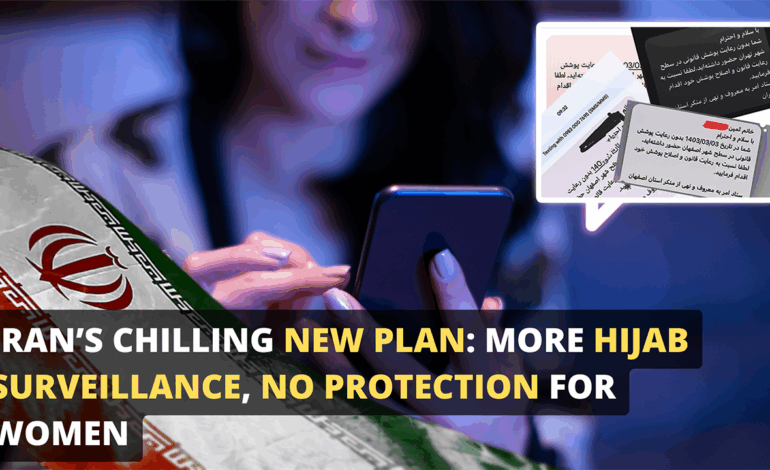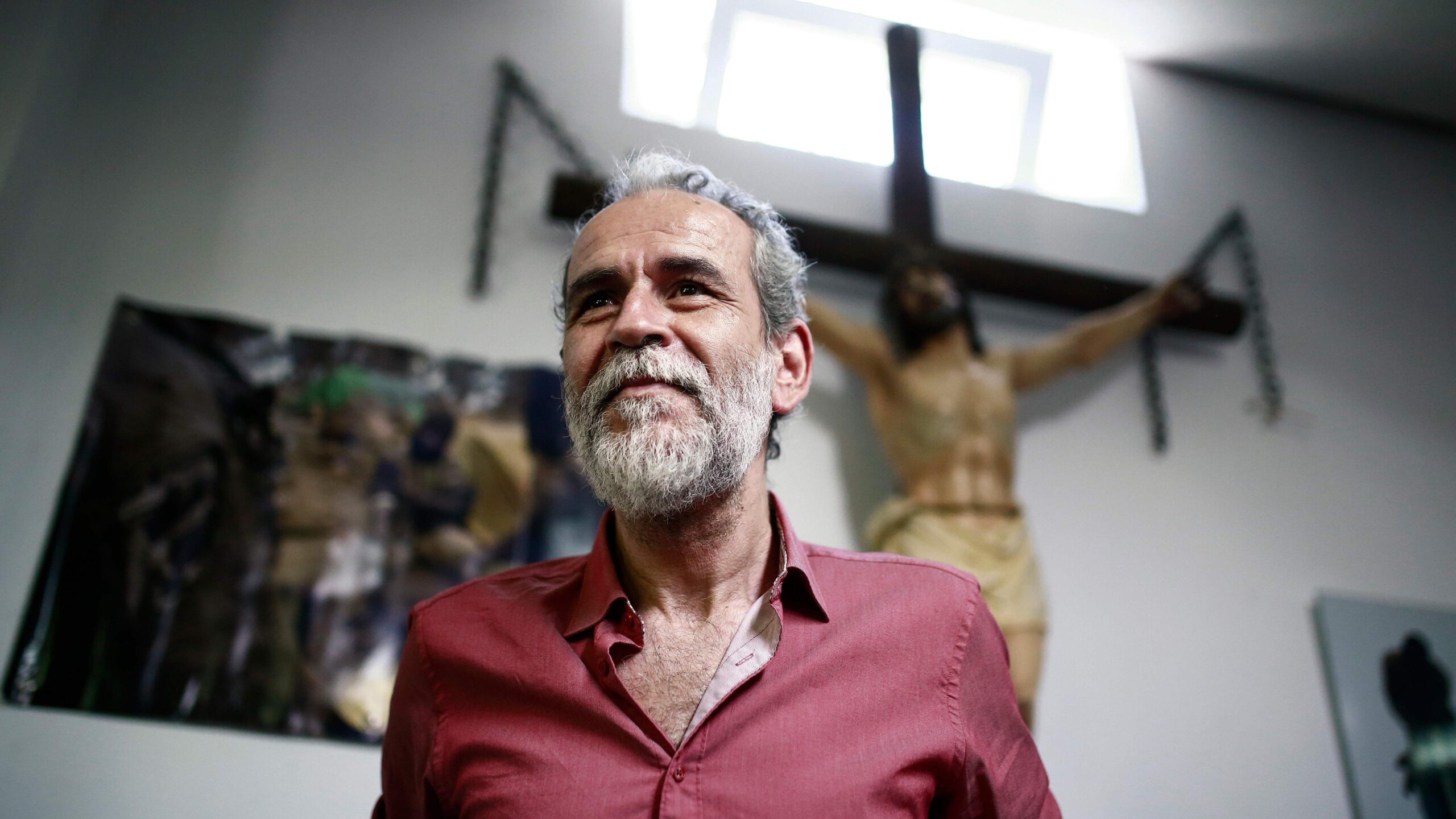Iran’s Chilling New Plan: More Hijab Surveillance, No Protection for Women

Iranian women continue to experience setbacks in their rights after the Iranian
government not only withdrew a critical law on violence against women, but also
intensified their digital surveillance on them through text messages warning
them about hijab violations.
> https://twitter.com/IranIntl_En/status/1917970152466850055
Dozens of women in cities such as Shiraz and Iran’s capital, Tehran, reportedly
received personalized text messages recently from the regime’s Headquarters for
the Promotion of Virtue and Prevention of Vice, warning them about their hijab
violations.
Many are concerned that these text messages, which initially began as an
experimental project in the conservative city of Isfahan, are a sign that Iran’s
more hardline factions and rulers are starting to lay the groundwork for a
high-tech surveillance system that will enforce the Islamic Republic’s mandatory
hijab laws all over Iran.
“I was visiting my father’s grave in the early hours of the morning when I
received the warning,“ one Iranian woman posting under the handle @jesuisminaaa
on X (formerly known as Twitter) wrote. “I sat there, crying and crushed.
Someone there had reported me. How can a person think only about my headscarf in
a place filled with grief?“
The message she and other women received threatened them that they would face
legal action if they removed their hijab in public or refused to wear the
headscarf in public.
> https://twitter.com/nima/status/1907757968629641565
Activists, legal experts, and netizens criticized the text messages, while
Iran’s Minister of Telecommunications, Sattar Hashemi, and Fatemeh Mohajerani, a
spokesperson for the Iranian government, denied that the Iranian government
under President Masoud Pezeshkian authorized or implemented the policy.
Meanwhile, what was supposed to be a landmark legislation that would address the
issue of violence against women in Iran was withdrawn after hardliners in Iran’s
parliament introduced modifications that “watered down“ the bill and altered its
core principles, forcing the government to abandon the effort.
For instance, hardline lawmakers replaced the term “violence“ with
“ill-behavior“ throughout the draft bill. Even the title of the bill was changed
from “Safeguarding Women’s Dignity and Protecting Them Against Violence“ to
“Safeguarding Women’s Dignity and Supporting Women and Families.“
> https://twitter.com/iroonhome/status/1919024908299891033
In addition, the revised version of the bill no longer proposes increased
penalties for a broad range of injuries inflicted on women, such as cuts,
bruises, and other forms of bodily harm. Instead, it only limits harsher
punishments to cases involving dismemberment.
“We requested the draft bill to be withdrawn when we realized that
(parliamentary committees) had changed the character and substance of the draft
bill,” Zahra Behrouz-Azar, President Pezeshkian’s deputy for women’s affairs,
said regarding the bill.
The bill was first proposed during the administration of former President
Mahmoud Ahmadinejad and was finally submitted to the Iranian Parliament under
former President Hassan Rouhani in 2021. It was initially intended to strengthen
protections for women by increasing penalties for physical abuse and providing
support for victims.








